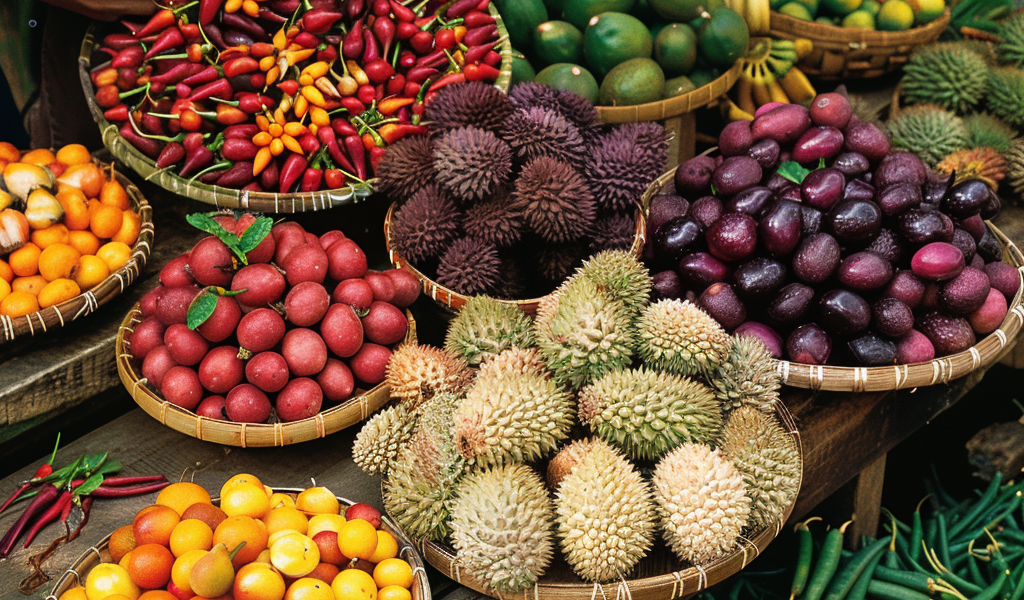Vietnam’s fruit and vegetable exports are projected to exceed an impressive US$7 billion in 2024, driven by robust global demand, according to industry experts. This surge is attributed to the continuous growth in exports, particularly in the first half of the year, where the General Department of Vietnam Customs reported earnings of nearly US$3.57 billion from January to mid-July, positioning fruit and vegetables as the third-largest export category among agricultural products.
The People’s Republic of China has emerged as the dominant market for Vietnamese fruit and vegetables, making purchases worth US$2.16 billion during the same period, marking a 22% increase compared to the previous year. Other significant markets include the Republic of Korea and the United States, which imported US$164 million and US$157 million worth of products, reflecting growth rates of 54.6% and 33.5%, respectively. Notably, exports to Thailand have surged by an astounding 95.5% year-on-year.
Experts anticipate that the second half of the year will witness further growth in fruit and vegetable exports, buoyed by seasonal factors and a plentiful supply. The increasing global demand for high-quality produce is expected to push total earnings beyond the US$7 billion mark.
According to Dang Phuc Nguyen, the general secretary of the Vietnam Fruit and Vegetable Association, the geographical proximity and cultural similarities with China have provided Vietnamese produce with a competitive edge in that market. Durian, in particular, has gained immense popularity among Chinese consumers. In April, Vietnam outpaced Thailand to become the leading supplier of durian to China, exporting 32,750 tonnes of the fruit.
Nguyen forecasts a growth rate of 15% to 20% for fruit and vegetable exports this year, provided that businesses leverage opportunities arising from recently signed trade agreements. In addition, markets such as the US, Japan, and the European Union are increasingly receptive to importing Vietnamese fruit due to its superior quality.
The EU-Vietnam Free Trade Agreement (EVFTA) has facilitated the export of various stable products, including bananas, durian, coconut, longan, and a range of spices, to the discerning European market. Furthermore, alongside traditional exports like dragon fruit, mango, and lychee, Vietnamese fresh longan has successfully penetrated the Japanese market, paving the way for Vietnamese fruits to access other developed countries in the near future.
Industry insiders emphasize the necessity for fruit and vegetable enterprises to enhance product quality and adhere strictly to international regulations to maintain and expand their market presence. As the global demand for high-quality agricultural products continues to rise, Vietnam’s fruit and vegetable sector is poised for significant growth, reinforcing its position as a key player in the international market.





